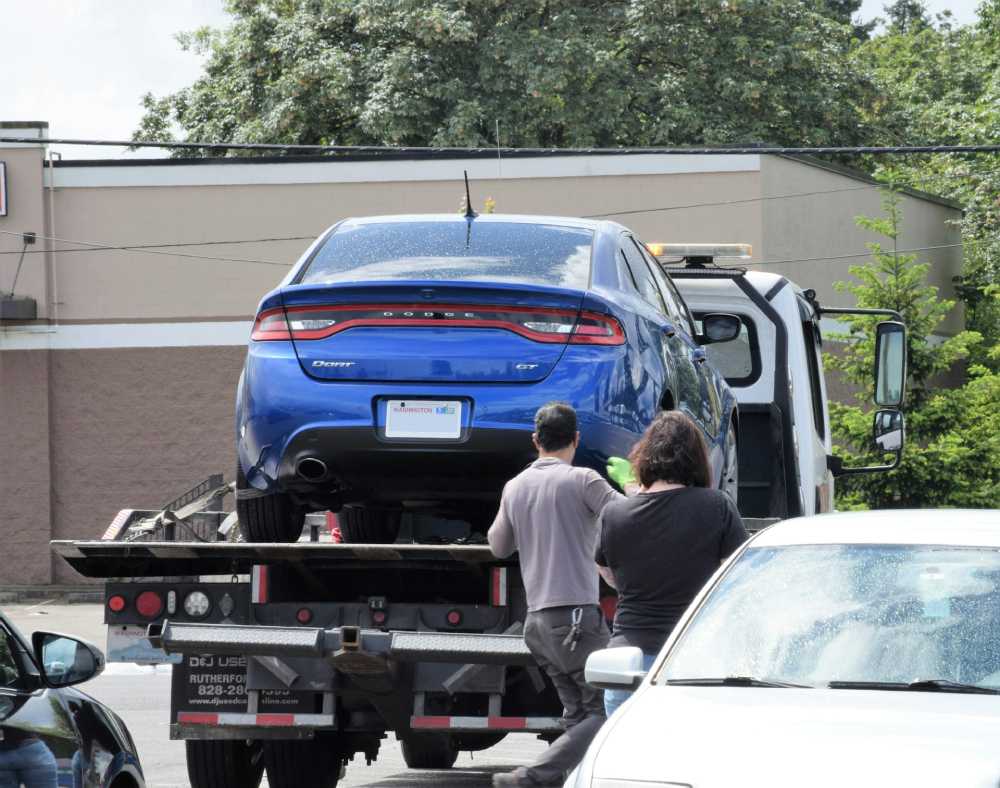The decision to relocate a vehicle is not made lightly; it involves careful consideration of logistics, costs, and the safety of your automobile. Sifting through the complexities of modern auto logistics requires a bird’s eye view of the process, from selecting a transport company to the final delivery of your vehicle.
Professional services in this niche are not merely about moving a car from point A to B; they encapsulate a suite of services that ensure your vehicle arrives at the destination with utmost care and under regulatory compliance.
Whether for personal, corporate, or military reasons, transferring your car through a trusted service provider mitigates the stress of vehicle transportation and safeguards one of your most significant assets.
Preparing Your Vehicle for Transport
Embarking on the task of auto logistics, which involves relocating a vehicle, involves a series of preparatory steps. Firstly, it is essential to thoroughly clean the car inside and out to ease inspection and prevent any damage from loose items during transit. It is advised to document the vehicle’s condition in detail by capturing images and notes.
This documentation process ensures a baseline for comparison post-delivery. Insurance coverage is non-negotiable and must be vetted carefully. This safety net is crucial, providing financial protection against unforeseen circumstances during transportation. Comprehensive coverage can provide peace of mind, protecting your asset from perils on its journey.
Choosing the Right Transport Method
Regarding plant-to-railyard transportation, you generally have two options for your vehicle: an open carrier and an enclosed carrier. Open carriers are popular and cost-effective, making them a good choice for standard vehicles.
On the other hand, enclosed carriers offer additional protection from the elements, which is ideal for luxury, antique, or high-value cars that require extra care. The decision usually depends on factors such as the vehicle’s value, the owner’s comfort level with risks, and the budget allocated for transport.
The Vehicle Relocation Process
Relocating a vehicle involves orchestrating several stages that comprise scheduling, pickup, transport, and delivery. After confirming the logistics with your chosen provider, including dates and details of the service, the vehicle is prepared and loaded for transit.
Real-time tracking offers transparency during transportation and eases the anxious wait as your car traverses distances. Once arrived, the vehicle will undergo regulatory check-ins and customs clearance if traveling internationally, a nuanced step where expert logistics services are invaluable.
Overcoming Common Challenges in Auto Logistics
Vehicle relocation is rife with potential challenges that can extend timelines or incur additional costs. The most prevalent issues include unforeseen transportation delays due to weather, mechanical failures, or logistical complications.
To mitigate such risks, partnering with a seasoned logistics provider is critical. A reliable partner has established routes, seasoned professionals, and contingency plans to keep the relocation progress on track. Diligent company selection based on its track record, customer feedback, and ability to provide transparent communication can substantially lower these risks.
Post-Transport Vehicle Inspection and Receipt
Upon delivery, a comprehensive inspection involves checking the vehicle against the pre-transportation notes and images taken. This is the moment to scrutinize any potential damages incurred during the journey and reconcile them against the insurance coverage.
Completing the necessary paperwork, such as the bill of lading, confirms that you got your vehicle in its delivered condition. This administrative diligence is crucial in closing the loop on the relocation process while ensuring all parties are aligned on the vehicle’s state.
Cost Considerations and Budgeting for Vehicle Relocation
Several variables come into play when factoring in the cost of vehicle relocation. Beyond distance and chosen method of transport, aspects like vehicle size, timing flexibility, and additional services such as door-to-door pickup can affect the total budget.
A clear understanding of the inclusive service fees, potential tolls, storage fees, if applicable, and any other unexpected costs helps prepare a realistic budget for the undertaking. Proactively communicating with your provider about all possible fees and a keen review of the contract can prevent budgetary surprises.
Eco-Friendly Vehicle Relocation
Regarding plant-to-railyard transportation, you generally have two options for your vehicle: an open carrier and an enclosed carrier. Open carriers are popular and cost-effective, making them a good choice for standard vehicles.
On the other hand, enclosed carriers offer additional protection from the elements, which is ideal for luxury, antique, or high-value cars that require extra care. The decision usually depends on factors such as the vehicle’s value, the owner’s comfort level with risks, and the budget allocated for transport.
The Future of Auto Logistics
The landscape of vehicle relocation is constantly evolving, driven by technology and innovation. The advent of autonomous vehicles, more brilliant logistics software, and the expectations of immediacy in the digital age are prompting a shift in the traditional practices of vehicle transport.
As these innovations streamline the logistics process, they offer increased efficiency, lower costs, and improved environmental performance. Keeping abreast of these changes ensures we are at the forefront of utilizing advancements for a smoother and more sustainable relocation experience.

